A plan by Kenya to impose 16% value added tax (VAT) on petroleum products in the third quarter of this year would push up inflation to at least 8%, according to analysts.
The taxation, which would start in September, is expected to add some Ksh 17.2 (US$0.17) on the cost of every litre of kerosene, diesel and petrol.
Treasury Principal Secretary Kamau Thugge said the move was part of a deal between the government and the International Monetary Fund two years ago to help reduce budget deficit. It is expected to earn the government at least Ksh 71 billion in revenue annually.
“Going forward, upward pressure on the inflation rate is likely to come from fuel and transport prices as the Treasury plans on imposing 16 percent VAT on petroleum products. We expect inflation rates for 2018 to average 7.5 percent, which is the upper level of the government target range of between 2.5 percent and 7.5 percent,” Cytonn, a Nairobi-based investment firm, said in a note on Monday.
Inflation rate for February declined to a four-year low of 4.5%, from 4.8% in January, according to the Kenya National Bureau of Statistics.
READ: Revealed: The billions Aga Khan wants from Uhuru
The government has in the last few months accelerated both domestic and external borrowing to fill the budget deficit and undertake development projects. Domestic borrowing has mainly been used for budgetary support, with the debt currently standing at Ksh 2.3 trillion.
The government is currently ahead of its domestic borrowing target for the present fiscal year, having borrowed Ksh 22.8 billion, against a target of Ksh 20 billion.
Super petrol is currently retailing at an all-time high of Ksh 107.92, Diesel (Ksh 93.68) and Kerosene (Ksh 73.98).

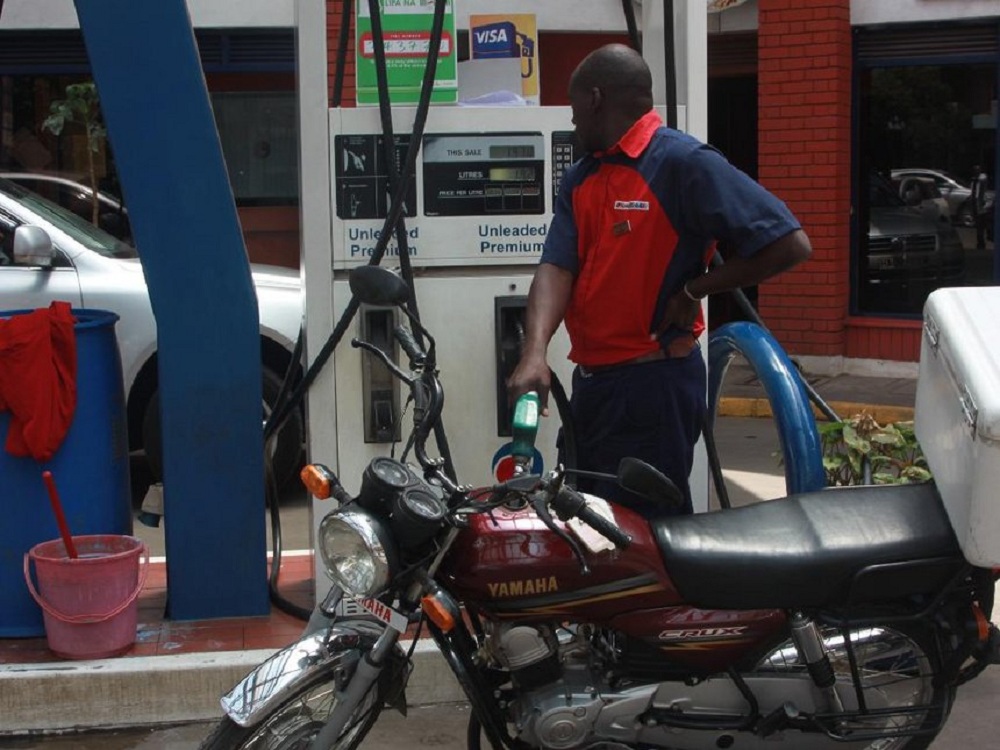
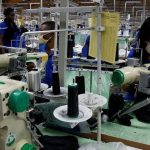


![Parliament in a past session. [Photo/Parliament of Kenya/Facebook]](https://businesstoday.co.ke/wp-content/uploads/2026/02/Parliament-Kenya-200x143.webp)




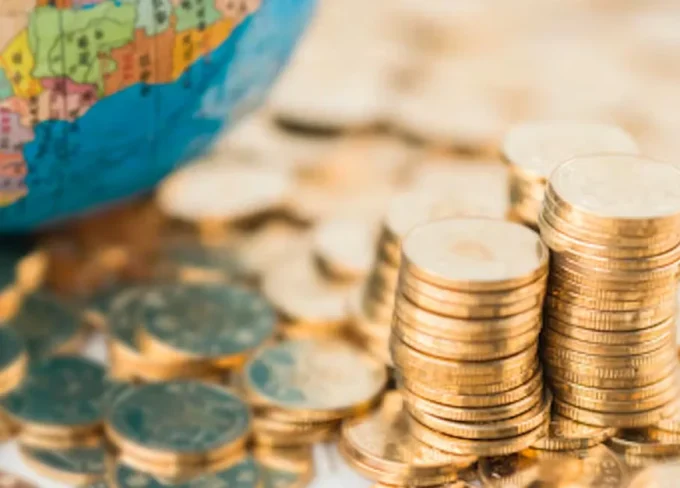
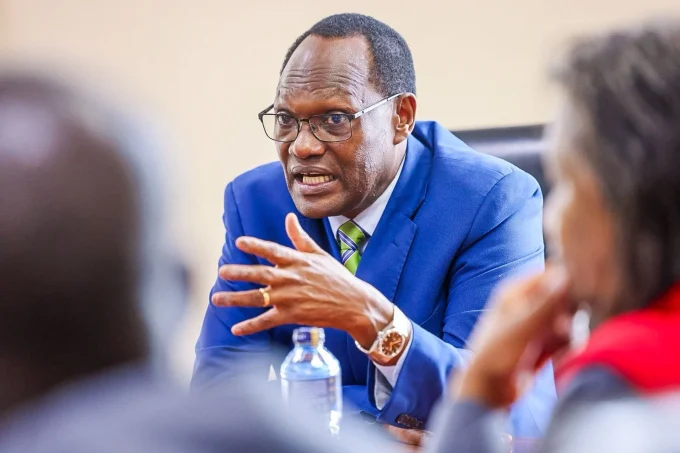
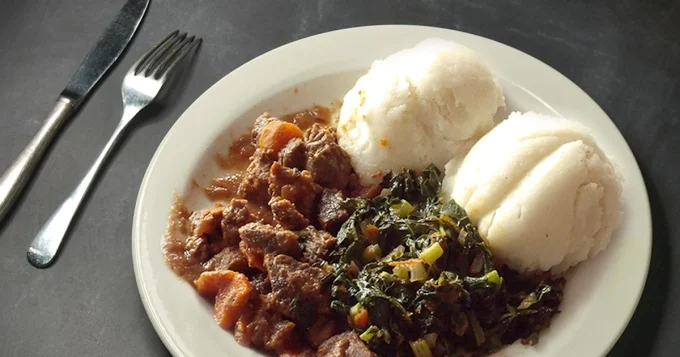
Leave a comment